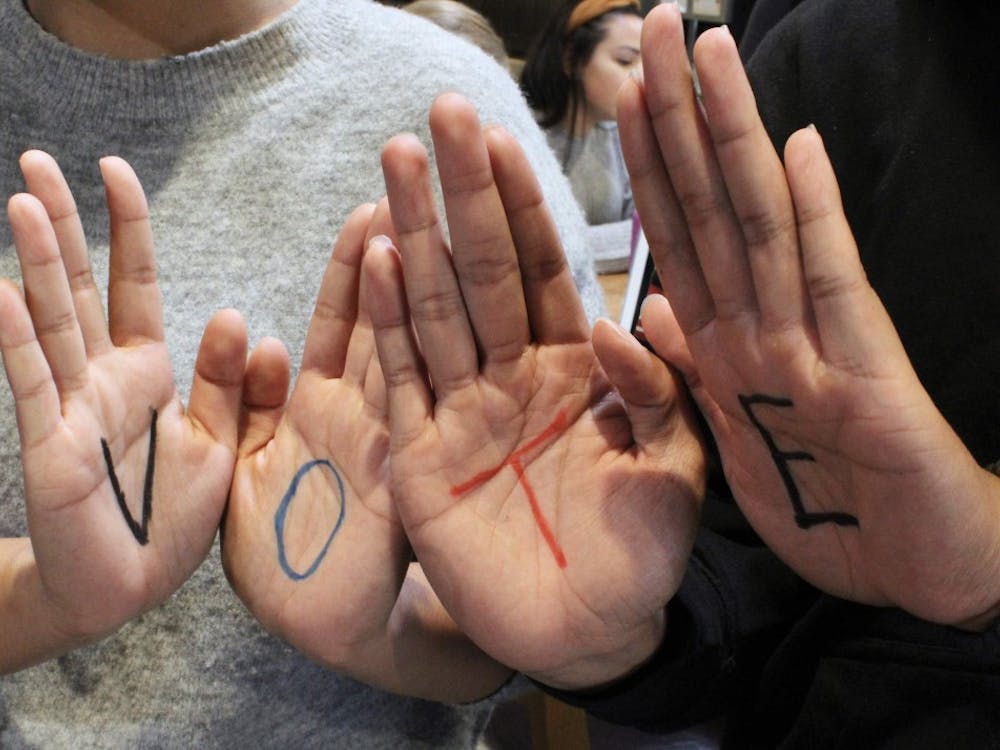The push to raise the minimum wage never seems to die down. Just this year, the minimum wage went up from $12 to $12.50 in the Portland Metro area. Who doesn’t like the idea of making more money? With how fast the cost of living is rising, it feels like we need these minimum wage increases just to get by. In Oregon alone, The Oregonian reported that renters can barely afford a one-bedroom apartment anymore. In a perfect world, this would be a problem with a simple solution. But if you haven’t noticed, this isn’t a perfect world.
In fact, it’s such an imperfect world, that I’m going to tell you that raising the minimum wage is actually going to make things worse. There is a surprising list of harmful economic effects caused by raising the minimum wage.
The minimum wage is considered a price floor, which in economic terms means it is the lowest legal price something can be set at, or the lowest someone can be paid. These price floors create more supply than demand and in this case, it creates a surplus of people looking for jobs.
So, by raising the minimum wage and making the price floor higher, employers are going to be less interested in hiring employees. Having higher wages may even make it so employers have to reduce staff to compensate. People searching for work will struggle to find it.
If employers are lucky enough to find a way to work around the higher wages without generating unemployment, it’s likely they’ll start cutting shifts. According to Investopedia, when companies have to pay employees more they may hire fewer workers, or distribute fewer hours to the employees they do have.
Not only does it affect unemployment, but it also affects prices. After interviewing restaurant owners in the Chicago area, the Chicago Tribune reported that these restaurants have had no choice but to raise prices to compensate for higher minimum wages. So, people are getting paid more, but prices will often rise right next to wages.
CNBC reported in a survey of 173 restaurants taken by Harri, a technology and hospitality management company, that 71% of the restaurants surveyed raised menu prices in response to higher minimum wage. This kind of price inflation could also translate to other areas of living like housing.
According to The Seattle Times, a University of Washington study found that raising the Seattle minimum wage did not actually affect prices in their grocery stores. So, it is not always a guarantee that prices will go up when wages do.
Raising prices is not the only way to adjust to higher wages, though. Larger companies might have the resources to take the loss. If not, costs can be cut in production and other areas of the company so profits aren’t affected.
Proponents of raising the minimum wage will say that it will further stimulate the economy by increasing consumer demand. This means that people who have more money will be more comfortable with spending it, and this creates more flow of money between customers and businesses. The result may combat the higher prices.
At the end of the day, no effects of raising the minimum wage are assured. But like anything, going through with this will have both positive and negative effects. According to CNN, most larger businesses have stopped fighting against a higher minimum wage, because they can handle it.
Smaller businesses will be most affected, and may not have the resources to deal with the increase. CNN also reported that larger businesses have the capital to invest in more automated systems like the ones in McDonald's to prepare for rising labor costs in the future. That kind of capital is something smaller businesses don’t have available to them, and that is a large part of why smaller businesses will be most affected.
According to CNBC the Congressional Budget Office estimated a minimum wage of $15 would increase wages for 17 million workers, and cost 1.3 million jobs.
As the presidential race continues, many Democratic candidates are in favor of raising the national minimum wage to $15. This is set to be done in increments, and some states are already taking their own initiative and raising their minimum wage in response to the “fight for 15.” There are obvious short term benefits to doing this, and the increments will help reduce the possible impacts.
I’m also not going to say that the current federal minimum wage of $7.25 is ideal, because it isn’t. But many states and employers have found ways to set higher minimum wages individually.
So, as that monumental November 2020 gets closer, and you’re reviewing candidates and their goals for our country, I beg you to think twice about raising that minimum wage. Think about how much it’s going to help, as well as how much it could hurt.
Austin De Dios is a reporter for The Beacon. He can be reached at dedios22@up.edu.









